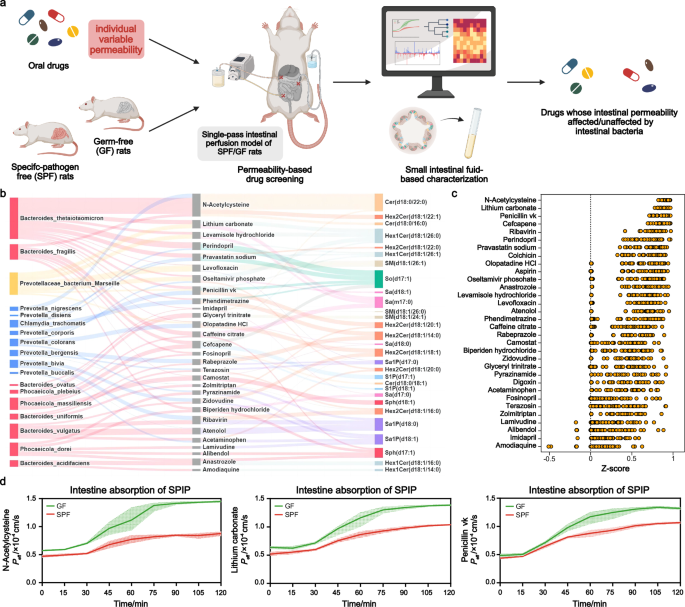Impact of angiotensin-converting enzyme inhibition on outcomes after middle meningeal artery embolization in patients with chronic subdural hematoma: A multinational, multi-institutional database study
BackgroundThe effects of initiating angiotensin-converting enzyme inhibitors (ACEi) in patients with chronic subdural hematoma (cSDH) treated with middle meningeal artery embolization (MMAE) have not been well studied. There is conflicting evidence regarding ACEi use in patients with cSDH who undergo surgery alone, with some studies showing improved outcomes and others showing poorer outcomes. This study presents a real-world, multicenter analysis comparing the outcomes of ACEi reinitiation in this patient cohort.MethodsWe used TriNetX platform to compare outcomes of ACEi initiation in patients with cSDH treated with MMAE. Cohorts were defined using ICD-10 codes. The outcomes included inpatient readmission, need for surgery, and mortality within 6 months following treatment.ResultsA total of 2108 patients with cSDH who underwent MMAE were identified, of whom 251 initiated ACEi within 1 month of treatment. After propensity score matching, patients who received ACEi following MMAE had no significant differences in unplanned readmission (odds ratio (OR): 0.78, 95% confidence interval (CI): 0.54-1.11, p = 0.17;39.2% vs. 45.3%), need for surgery (OR: 0.59, 95% CI:0.29-1.22, p = 0.15;5.3% vs. 8.6%), and mortality rates (OR: 1.26,95% CI: 0.69-2.27, p = 0.45;11.0% vs. 9.0%) at 6 months compared to those who did not receive ACEi.ConclusionACEi initiation does not significantly impact outcomes in patients with cSDH treated with MMAE. If ACEi needs to be reinitiated for other indications, it may be safe in this cohort.
ACE inhibitors; chronic subdural hematoma; middle meningeal artery embolization.









